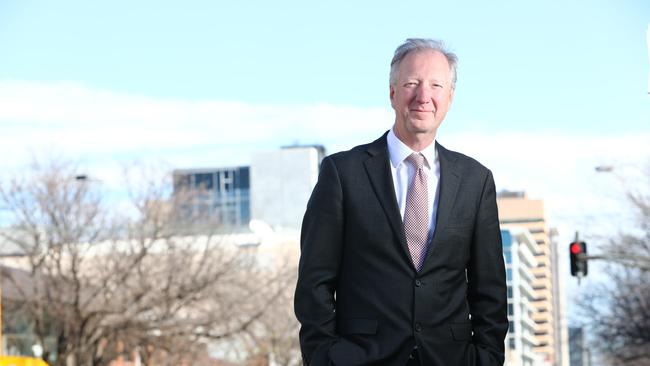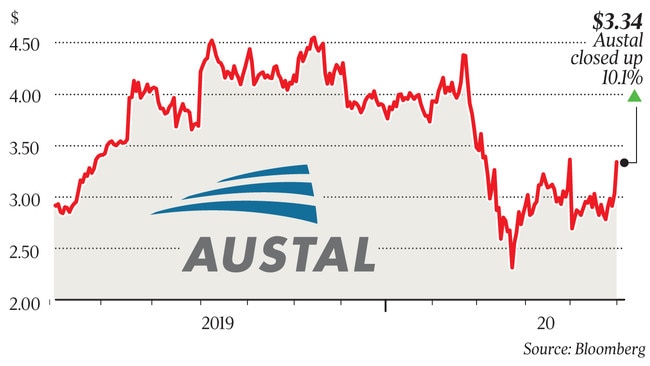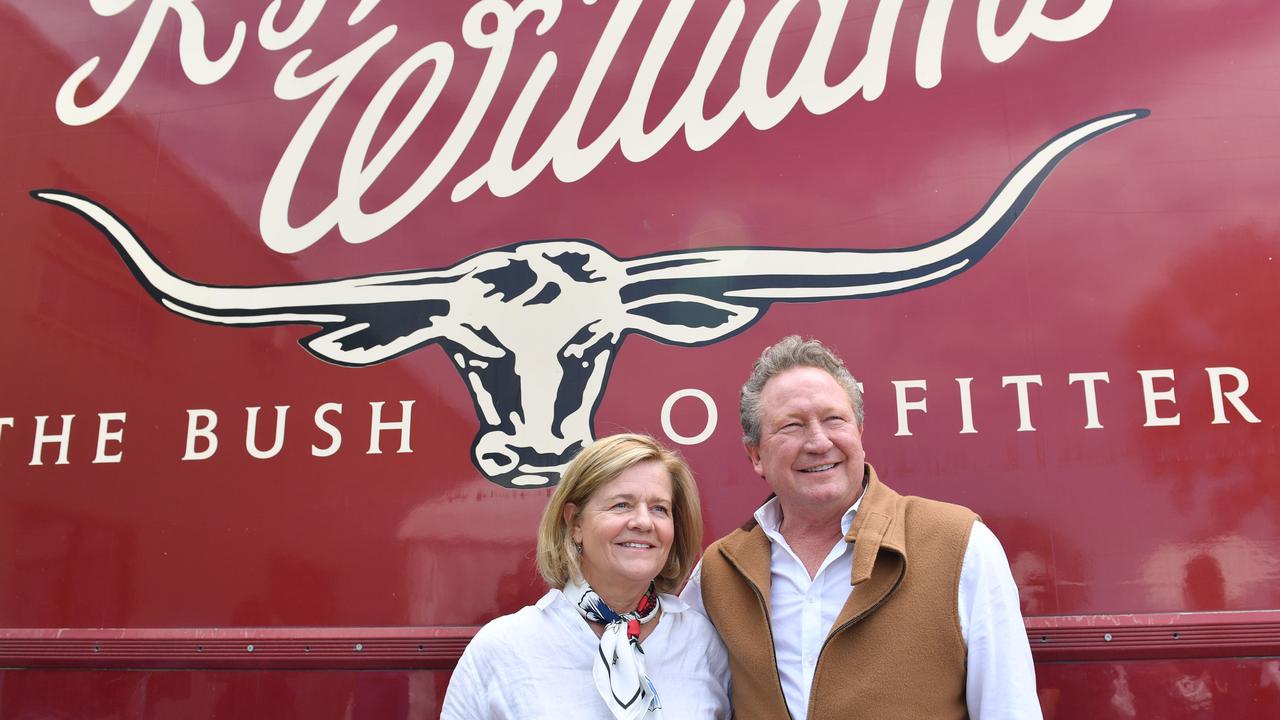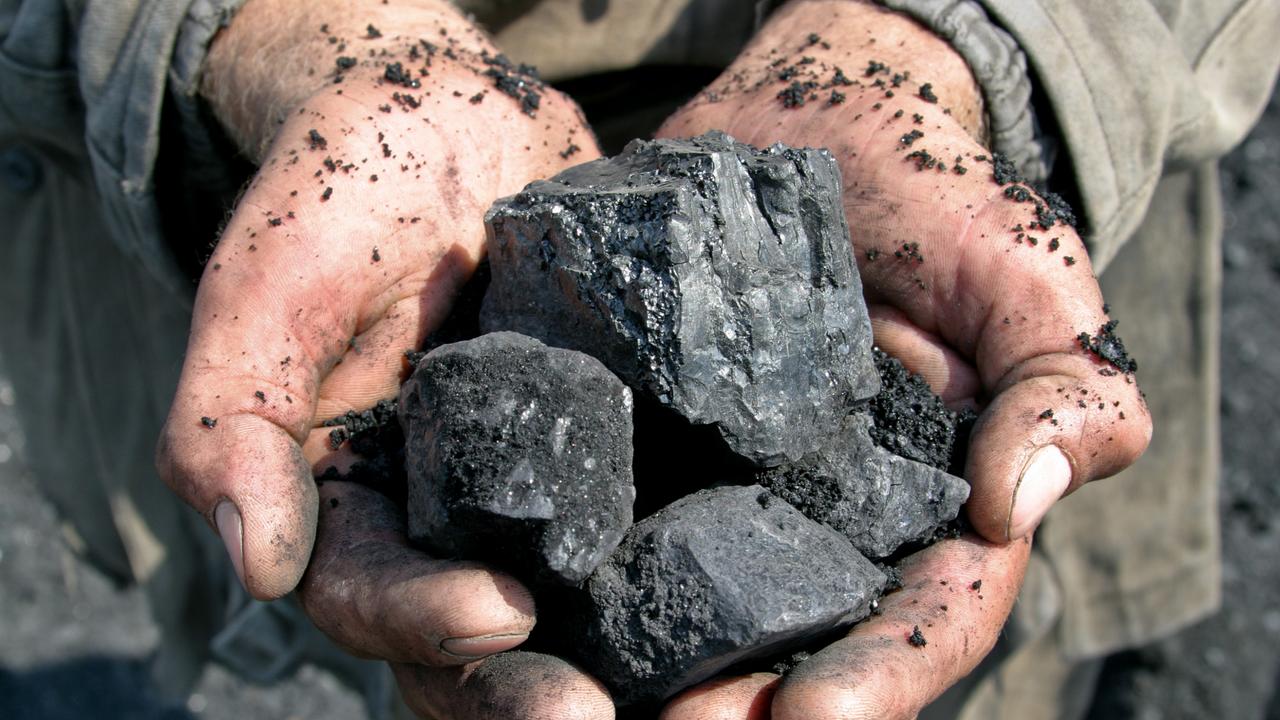Austal’s slick ships rule the waves
It has been an exciting year on the high seas for Austal chief David Singleton.

“We build the Ferraris of the ocean. These are high-speed vessels, they are highly optimised, highly engineered.” It has been an exciting year on the high seas for Austal chief David Singleton.
This week the Australian-listed global shipbuilder which supplies a chunky 15 per cent of the entire US navy fleet marked another milestone with its 12th Littoral Combat Ship completing acceptance trials in the US.
On Friday after a trading halt, Singleton reset guidance on revenue to $2bn and lifted full-year earnings by 13 per cent to at least $125m. The stock jumped 11 per cent to $3.38.
Despite recently missing out on a big US defence contract, the shipbuilding chief sees Austal and its two big yards at Henderson in Western Australia and Mobile, Alabama as strongly positioned for new business in a growing market. Tension in our region is building, the US-Australia alliance is rock-solid, and there are ambitious plans both within the US Navy and with the Australian defence and border forces.
“The Congress has required that the US Navy increases from its current size to 355 ships in the future,” says Singleton. “That is about a 20 per cent increase from where they are today.
“And that the type and style of ship may well change over time: a more distributed type of network of ships, relatively smaller ships but more of them. That fits uniquely into Austal’s capability.”
That capability stems from Austal’s use of aluminium rather than steel in catamarans and trimarans for both the commercial and defence market. Delivering speeds of 40 knots, they are more agile than steel vessels.

“We were the only company in the world that designs and builds large high-speed trimarans, so when US Navy had a need for that kind of capability, that fast vessel, low draft, it meant that they came to Austal here in Australia.”
Austal is under contract to build 19 Littoral Combat Ships and 14 Expeditionary Fast Transport vessels for the US Navy.
On May Day this year, however, a clearly disappointed Singleton had to inform the market that Austal had missed out on the contract to build the first new American frigate with a potential $US5.5bn pipeline of business.
Coincidentally, Austal was already in a trading halt as the CEO prepared to announce its largest piece of domestic business to date: a $324m Australian government contract to build six new Cape Class patrol vessels to provide frontline patrolling of our northern borders. The US news had come early and by the day’s end, its shares had dropped almost 20 per cent. “It’s disappointing the way these two things have come together,” Singleton told analysts at the time, “but that’s the way of the world.”
Just a month later, Austal shares have bounced back, buoyed by the new guidance: good performance across shipyards, a less than expected hit from COVID-19 in April and May and a stronger US dollar favouring results. Guidance on the US shipbuilding EBIT margin is unchanged at 7.5-8.5 per cent.
“People have said to me in the past, with President Trump thinking about insourcing manufacturing into the US, what does that mean for Austal? Well, the reality is we are the poster child for what President Trump has sought to do and that is to bring manufacturing jobs, manufacturing technology back to the continent of the US.”
As Australia’s largest defence export business, news of Austal’s achievements has made it all the way to the White House. When Scott Morrison went stateside, Donald Trump gave the Prime Minister with a replica of the Austal Littoral Combat Ship, something Australia’s Ambassador to Washington Arthur Sinodinos observed was just a little ironic.
“Austal is a great success story. They have been able to penetrate the US defence market. In fact, in some ways I think that they would argue that they have had more recognition from the Americans than they have had from the Australians.”
Indeed, the 15th vessel that Austal will build for the US Navy will be named Canberra, which Singleton says is the only ship in the US Navy named after a capital city outside the US and is sponsored by Foreign Minister Marise Payne.
And America’s most senior military commander in the region, Admiral Philip S. Davidson, is also an enthusiast about the LCS. “My own wife Tracey is the sponsor of the USS Kansas City, which we expect to be commissioned quite shortly, so were very proud of that platform and I look very much forward to seeing more of them in the western Pacific.”
As attention turns to national security, David Singleton sees Austal’s Australian base as a clear geographic advantage.
“The Obama administration said that it was going to pivot the navy into the Asian region and that pivot is under way. We now have the ability to service US Navy ships in the Northern Territory, Queensland and in WA. We have capability in Singapore right now and capability that’s being approved to support the US Navy in The Philippines.”
Part of Austal’s success is its company structure. Both vessels that it builds in the US were designed in Australia, but those designs and capability have shifted to the US. “We now operate the business in the US using US nationals who work under US law. There is a good Chinese wall between the operations of Australia and operations of the US to make sure that defence secrets, classified information does not travel across that barrier.”
“Austal has great opportunities here,” says Sinodinos, “because they are innovative, they think ahead and they keep working at it. For Australian companies to succeed whether it’s in the US or anywhere else, we’ve got to see round corners, we’ve got to keep innovating.”
“It wouldn’t be a surprise to anyone that navy around the world are moving toward autonomous unmanned vessels,” Singleton says purposefully.
“The US Navy is leading in that capability and we at Austal are very involved in design processes both in the US and back here at Henderson.
“The future of naval warfare will be a number of manned vessels and then a much larger number of unmanned vessels which support those programs. We see that in the air domain; we see it in land domain; I’m sure we’re going to see in the sea domain as well.”
Ticky Fullerton presents Business Weekend, Sundays at 11am on Sky News Australia.


